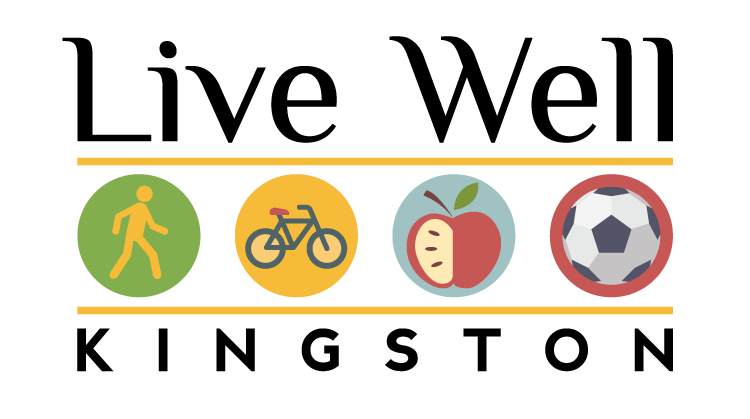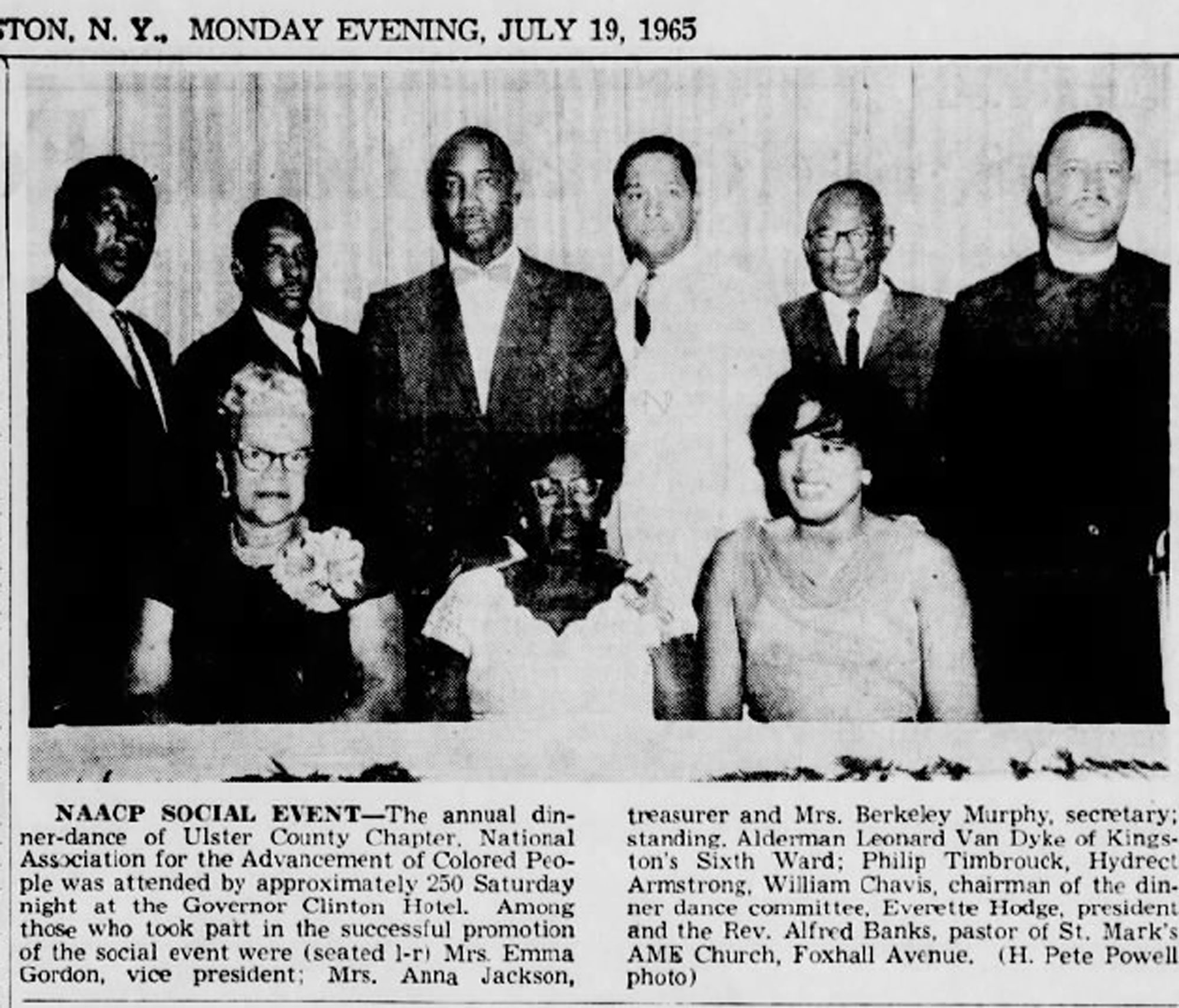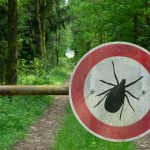The Everette Hodge Center has been a major part of thousands of Midtown Kingston residents’ lives since 1998.
Family of Woodstock has been a long-time partner to the City of Kingston in providing services to the people of Midtown at the Everette Hodge Center. The current director of programming is Sue Weed, a long-time social worker and human services specialist.
“I originally was born in the Dominican Republic, and grew up in Miami, Florida,” she says. “I moved to the area five years ago with my family, and I heard about Family through a friend of mine. She told me about the Center, and it sounded like a great fit for me.”
Sue says that the program’s main focus is on their after-school children’s program, which is an entryway for many Midtown families into other resources and supports that are available through Family and other agencies.
“Our mission is to help as many families as possible in Midtown,” she says. “If someone comes in through the after-school program, and they’re here, they ask about what else we do. We can connect them with programs on food insecurity, educational programs, or our social worker who specializes in helping families who are struggling in DSS motels and homelessness.
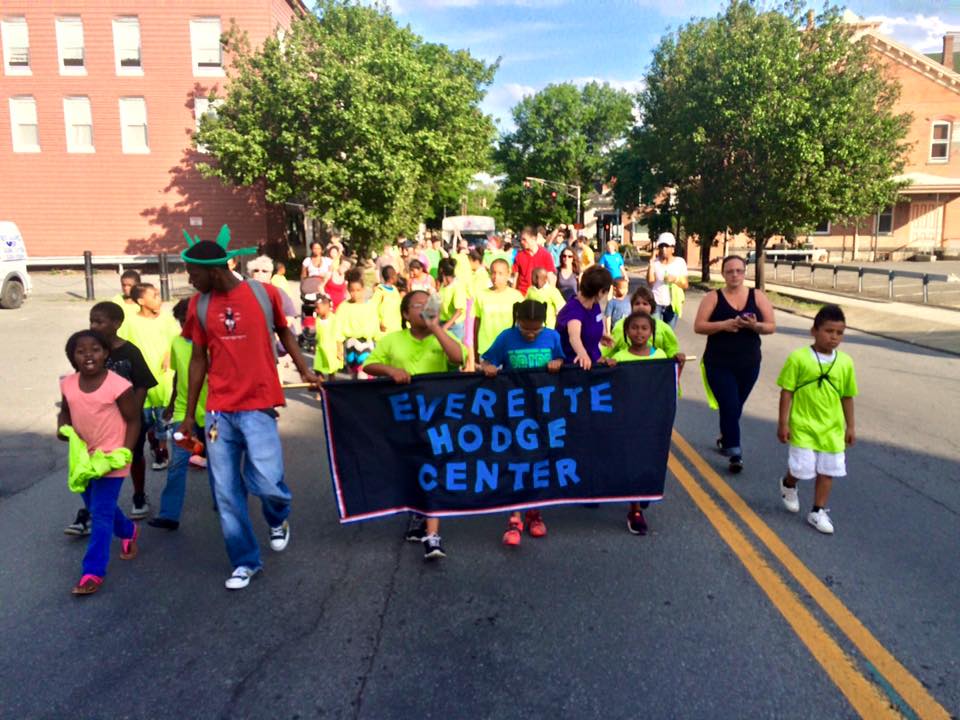
The latest development at the Center? Thanks to a Community Development Block Grant acquired by the City, and a grant via Family of Woodstock, the Center will have a newly upgraded kitchen, complete with walk-in cooler, commercial grade oven and refrigerator. The Center is relied upon by many community members to provide thousands of meals a year, both for kids who attend the Center’s programming and also at other sites like the Boys and Girls Club and the Rondout Neighborhood Center.
For Sue, the most rewarding part of the job is seeing the kids grow.
“The kids get exposed to different things they wouldn’t be exposed to,” she says. “They have bike clubs, a nature club, and they get to explore different interests and passions. Two of our kids got to audition for the Energy Dance Company, and some of them made it through the audition process.”
Who was Everette Hodge?
Everette Hodge (1911-1991) was founder and president of the Newburgh Branch of the National Association for the Advancement of Colored People (NAACP), is credited with the integration of the Newburgh Police Department, organized the Highland and Ellenville NAACP branches, and also was the long-time president of the Ulster County NAACP.
He was the first black full-time employee of the Newburgh Post Office while also running the Everette Hodge Funeral Home on 21 Franklin Street, which is now the home of the Everette Hodge Community Center.
In a 1975 profile in the Daily Freeman, Hodge was described as someone who was “jousting with the establishment for as long as most people can remember. He’s kept a number of people on their toes over the years, antagonized quite a few more and, through it all, insists his only concern is the betterment of the community for both black and white.”
Hodge commented at the time that he was irked by the “conspicuous absence of blacks in appointive governmental posts in this area.”
“We have to abide by the laws and ordinances just like everyone else,” he said. “But we have no input. We have the right to participate… government position is like money –it carries power and influence.”
A sample of some of the issues that Hodge organized and advocated for were better conditions for Midtown tenants, community policing issues, conditions in local prisons and education reform.
“We can build a better climate among all races and we can help make our community a better community,” he said. “But we can only do it together.”
What is the Everette Hodge Community Center?
In its lifespan as a funeral home, the space at 15-21 Franklin Street was often used as a de facto community center, holding various community meetings, functions and banquets. In 1998, funding came from a “Kingston-Newburgh Enterprise Corporation” to build out the center in its current form, and placed its ownership in the hands of the City of Kingston, which has partnered with non-profit agencies like Family of Woodstock, SUNY Ulster, the Tobacco-Free Action Coalition, the Ulster County Health Department, area churches, the YWCA of Ulster County, Legal Services of the Hudson Valley, and too many others to name to offer programming and services for the residents of Midtown Kingston.
In 2000, the Center was featured in the Daily Freeman for offering a program for over 100 area kids to learn communication and computing skills thanks to a partnership between SUNY ulster and the city’s Parks and Recreation Department’s summer day camps.

In 2005, the lead program of the Center was called Rewards for Excellence, coordinated by the late Sandra Thompson-Hopgood, which provided a space for area kids to hang out while receiving anti-drug counseling and harm reduction services.
Starting around 2006, Family of Woodstock located its Kingston Cares program at the Center, which, thanks to their old Facebook page, ran a number of programs that involved youth and families in Midtown, including:
- A Community Survey of 600 homes in Midtown
- A Dig Kids Community Garden project, which ultimately transitioned to the YMCA and blossomed into the YMCA Farm Project
- A partnership with the Queens Galley to provide free cooking classes for youth
- Putting on Midtown Make a Difference Day with many other community groups
In 2012, Kingston Cares began an after-school program at the Center. While the program was successful, they noticed that many of the kids involved were hungry. They started out by providing simple things like granola bars and popcorn, but staff realized that many of the kids wouldn’t going to have a full dinner available at home. Today, kids at the Hodge Center after school program get a multi-component dinner every day, with much of the produce coming from the Farm to Pantry program in collaboration with the Rondout Valley Growers Association and UlsterCorps.
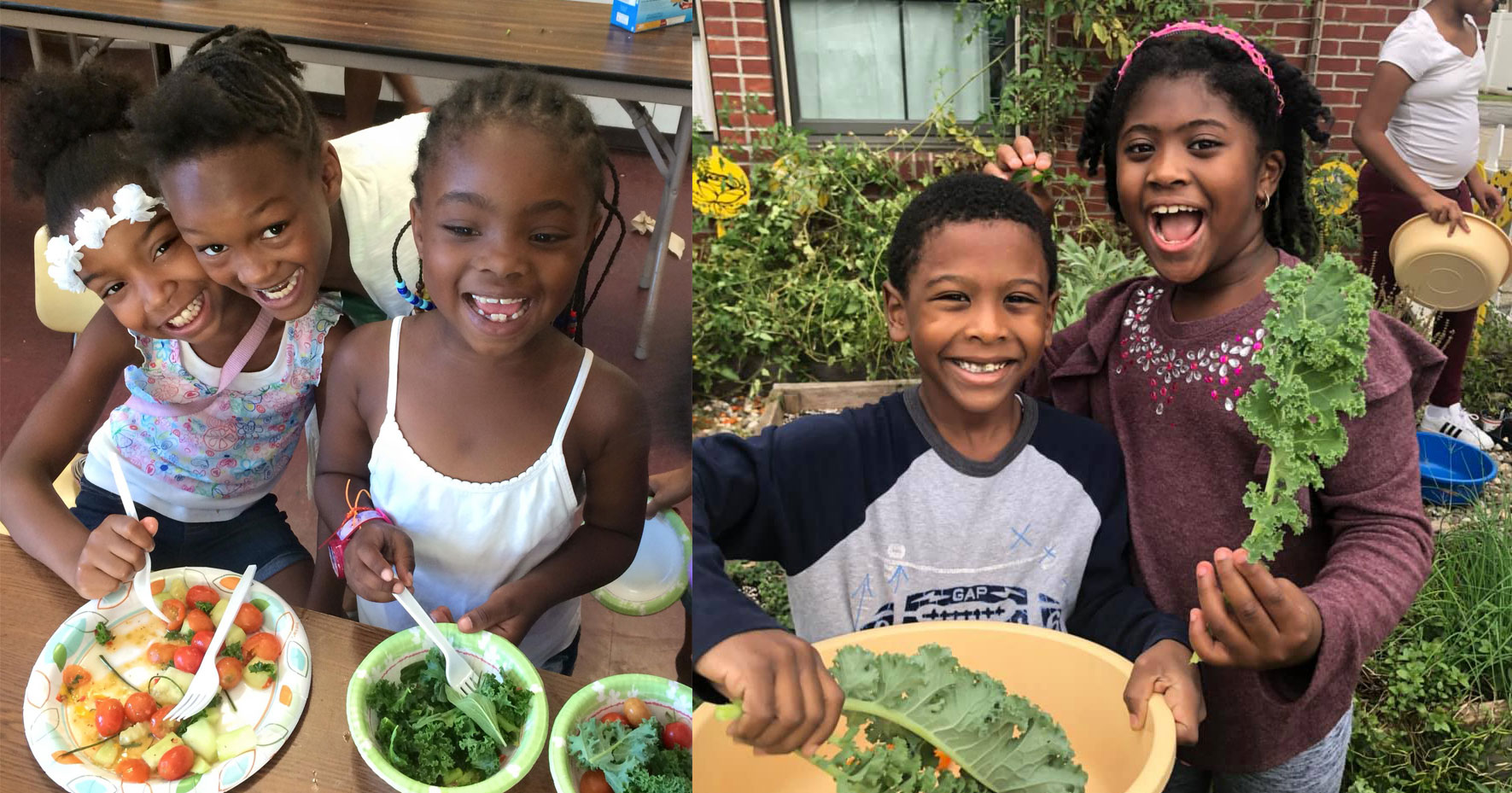
Megan Weiss-Rowe, who has been involved with the Hodge Center and Family of Woodstock since 2005, said the meals go beyond just providing food to the kids (which is still important).
“Our chef Tina has pushed the transition from a walk-in buffet meal to a family-style meal,” she says. “All the prepared food is put in the middle of the table, and the children serve each other and themselves. Every day, the kids are sitting down, they’re talking about what happened that day, who their favorite superhero is, what their favorite food is.”
While the names and partners of the programs have changed over the years, the mission of the Center is to provide a “safe and supportive environment for the Kingston community through educational, environmental, youth and community programs and health and human services.”

